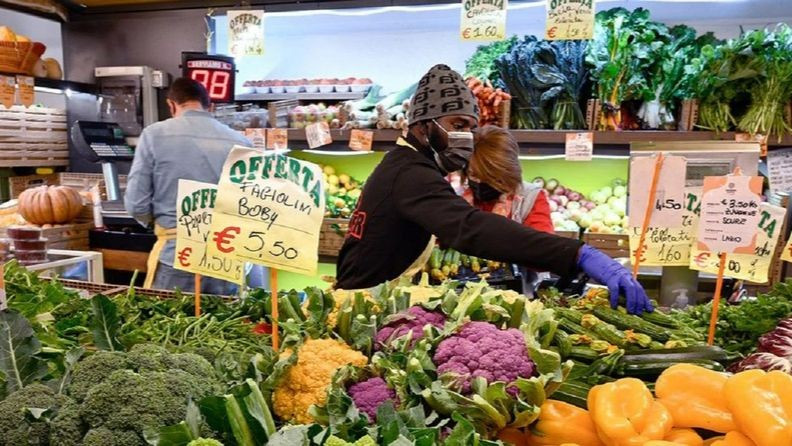At the meeting of the Committee on Agriculture in Geneva (Switzerland), WTO members continued to review support policies to ensure compliance with WTO rules and discussed the implementation of the content adopted at the ministerial conferences in Bali and Nairobi as well as the 12th Ministerial Conference (MC12) on food in Geneva in June 2022.
WTO members discussed 15 new issues related to farm policy, including market access, domestic support, and export competition.
These include China’s new grain programme; export restrictions by Mexico, Morocco, Tajikistan, and Turkey; Japan’s rice restructuring programme; and the Inflation Reduction Act of the US.
Many members recognised the similarities between the proposals and expressed support for a step-by-step approach to achieving these goals. For the first time, several LDC members, namely Guinea, Haiti, Mauritania, Niger, Sierra Leone, and Uganda, announced their non-recourse to agricultural export subsidies.
The commitment of WTO members to enhance food security comes as the World Food Programme (WFP) warns that the world continues to face the biggest hunger and nutrition crisis in modern history caused by conflict, climate change and economic shocks.
According to data from the Food and Agriculture Organisation of the United Nations (FAO) and WFP, 11.7% of the world’s population faced severe food insecurity in 2021, with LDCs and NFIDCs suffering the heaviest losses.
These countries encountered a dire situation in 2022 with record food import bills, increasing by 10% (4.9 billion USD) for LDC and 17% (21.7 billion USD) for NFIDC.
Meanwhile, global food prices remained high despite the positive effects of the United Nations-brokered Black Sea Grains Initiative, which helped lower prices after their peak in March 2022.
The WFP also warned that unprecedented severe food insecurity has persisted in Horn of Africa (HOA) countries due to the impact of drought. This is one of the most insecurity areas in the world.
According to WFP, humanitarian needs in this region will remain high in 2023 and the international community needs to increase support to protect people’s lives.
Meanwhile, at the Ibero-American Summit held in the Dominican Republic, consisting of Spanish and Portuguese-speaking countries in Latin America and Europe, leaders of 22 countries signed a commitment to reverse food insecurity in Latin America, improve migration control, and increase financial support for struggling economies in the region.
The region is home to some 60 million people who face food insecurity issues, with about a third of the food produced in the region being wasted because of problems in distribution and storage or in the marketing chain.
In such a crisis, international food organisations and the WTO both emphasise the importance of fostering partnerships among stakeholders, including governments, international organisations, private sector, and local actors as well as keeping trade and agricultural markets open without imposing unjustified trade restrictions on agricultural products and food.
These are factors that can help ensure the continuous flow of food as well as products, services and inputs essential for the production and supply of agricultural and food products.
















